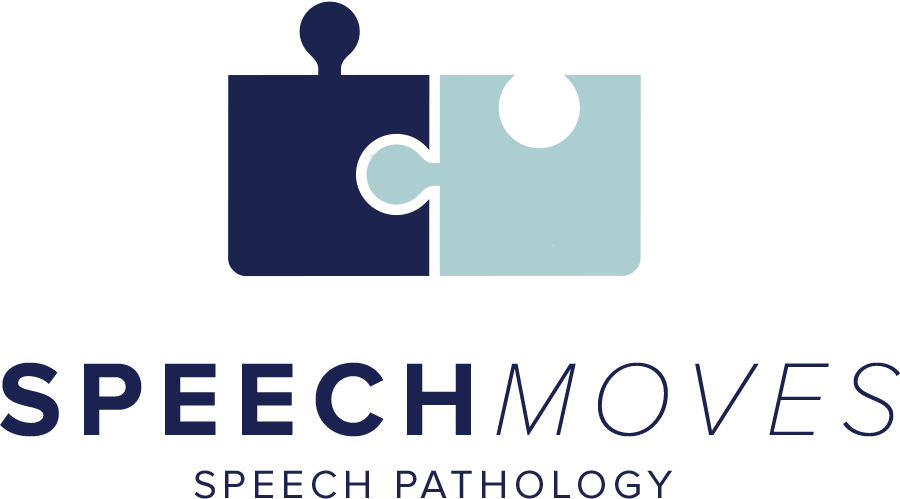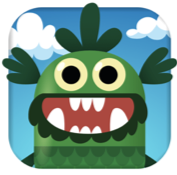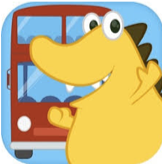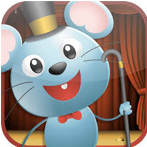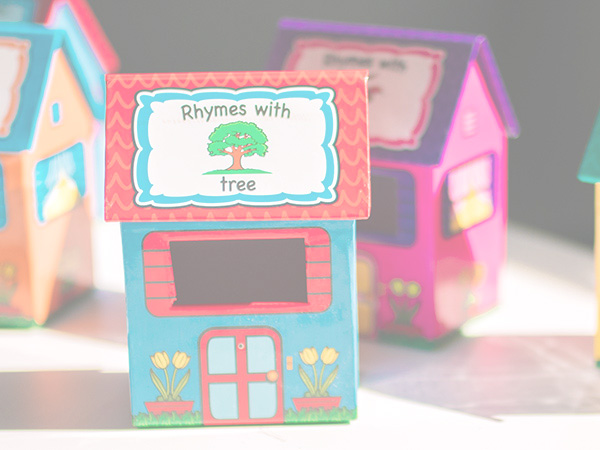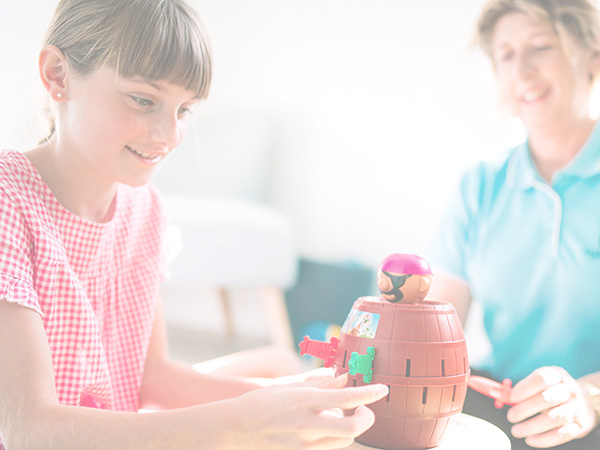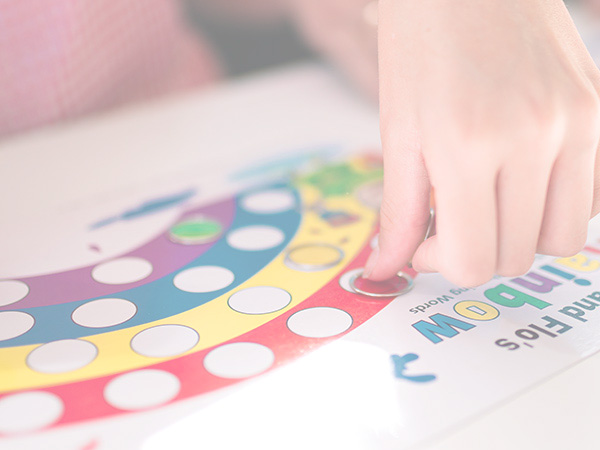
10 Top Tips to Develop Expressive Language Skills

Expressive language involves using gestures, sounds & words to convey meaning to other people. It involves naming objects, describing actions & events, using grammar correctly and asking & answering questions.
- Encourage performance sounds during play – When playing use action words and sounds in a meaningful way e.g. ‘brmm brmm’ as you push the car. Accompany these with varied intonations and gestures.
- Comment on what your child is doing during play e.g. “ your digging a deep hole”
- Leave silences in play this enables your child to initiate a ‘communication’.
- Keep your sentences short use 1 and 2 word utterances initially, as your child is more likely to attempt to copy 1 word as opposed to a long sentence of 6 words.
- Add on to your child’s productions if your child consistently says a production which you know means ‘drink’, add another word in your response to show your child what they could have said e.g. ‘yummy drink, more drink, big drink’.
- Offer your child choices when you are not sure what they want (with or without object prompts). eg. if your child wants a toy – you can say ‘car or ball’.
- Expect your child to provide you with an attempt at a word or sound. Encourage your child to give a response and not just take you to the desired object. You may encourage this by verbally asking your child to tell you what they want, by not responding to gestures, getting the wrong object, or giving your child a choice. Ensure you reinforce speech production specifically e.g. ‘great telling Mummy you wanted a ball’.
- Read to your child everyday labelling pictures in the book, this increases vocabulary skills.
- Engage in pretend play with your child using props eg toy telephones, toy kitchen, shops, puppets etc. Research has shown that dramatic play activities create the most complex language interactions.
- Model a range of different word types
- naming words e.g. car, bottle
- location words e.g. in, on
- action words e.g. run, jump
- describing words e.g. big, little
This enables your child to construct word combinations and form sentences more easily. It is beneficial to model words when your child is attending to the objects or playing with them. Praise all attempts at communication and most importantly, have fun!
